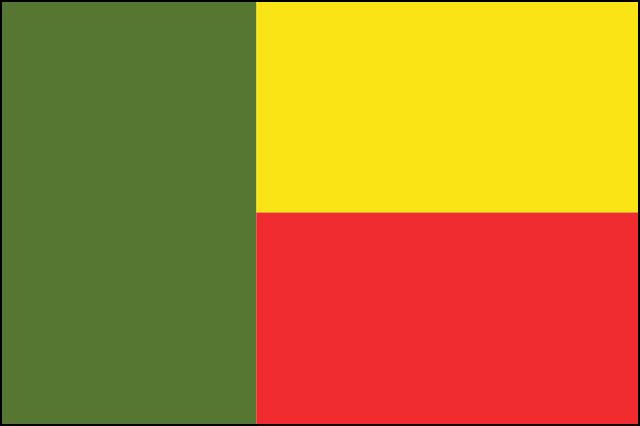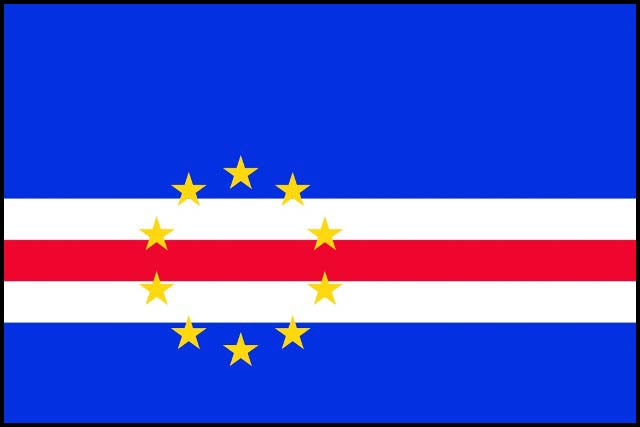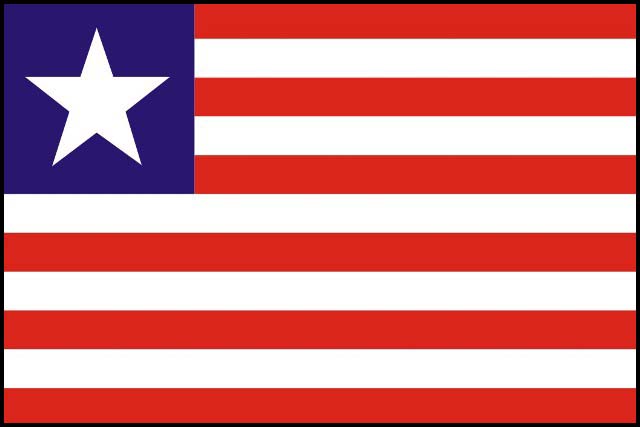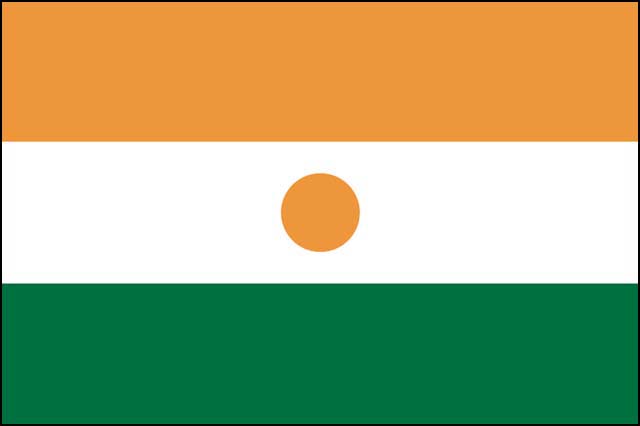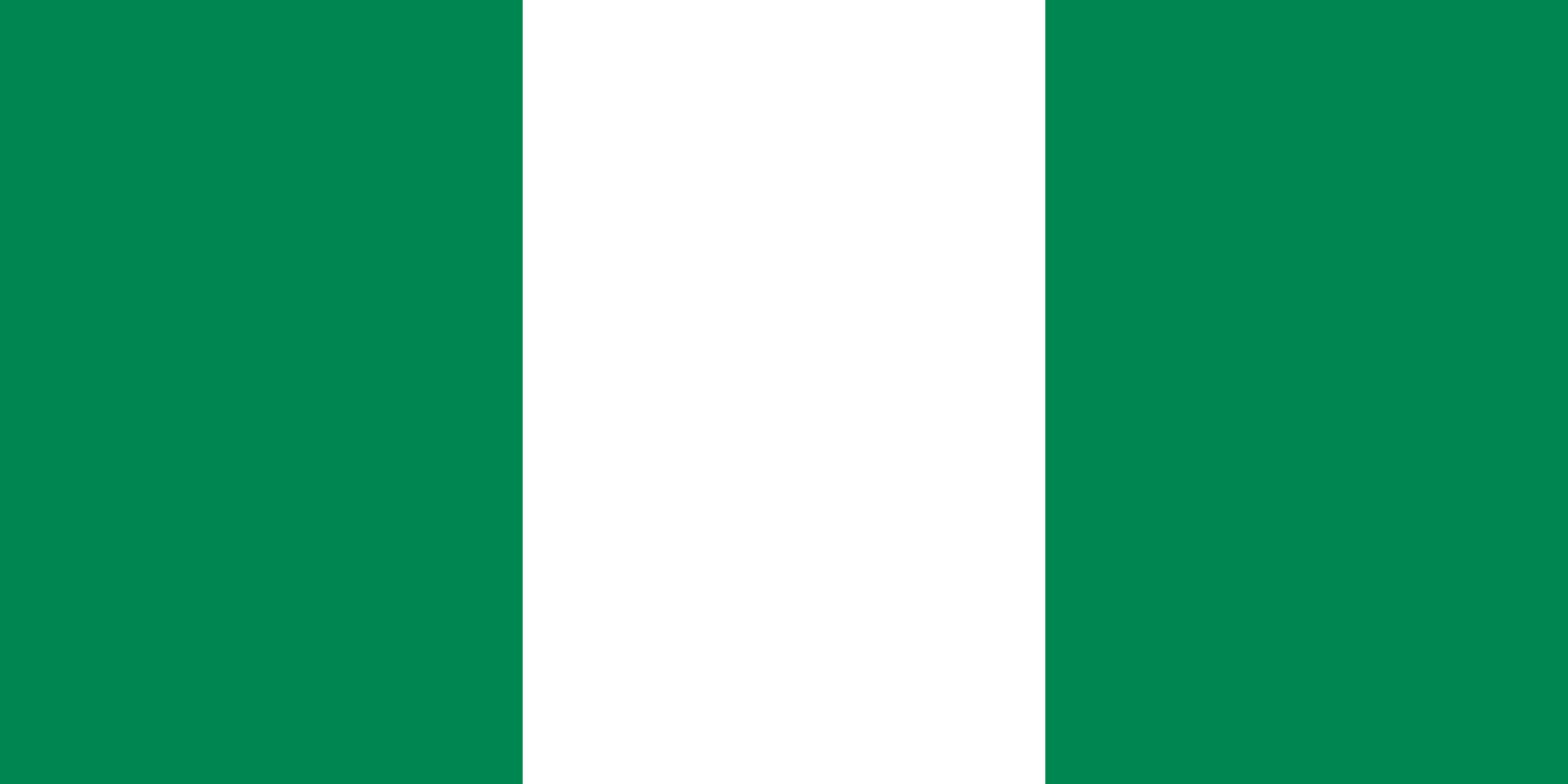Background
With an annual production of more than 3 million metric tons, the marine and coastal waters of West Africa are rich in fishery resources. Thanks to upwelling phenomena (upwelling of cold-water rich in nutrients to the surface) and the presence of two of the largest marine ecosystems among the most productive in the world: the Large Marine Ecosystems of the Canary Current and the Guinea Current.
The region also benefits from a dense hydrographic network conducive to the development of sustainable aquaculture. The sector plays an important socio-economic role for ECOWAS member countries as a contributor to the national GDPs, and as a source of employment for more than 9 million people in the region and ensures the food and nutrition security of the countries’ populations with an average consumption of 14kg/year/person.
Problem Statement
The fisheries and aquaculture sector faces certain challenges, the main ones being: weak governance; overexploitation of certain stocks (nearly 50%); the practice of illegal, unregulated and unregistered fishing (IUU), which is estimated to cost the region more than $2 billion/year; the strong demographic growth of the population (> 2.5%); the rapid rate of urbanization and the low rate of investment in the aquaculture sector as an alternative to wild fishing which continues to worsen the fish deficit forcing the region to be ranked among the largest importers in Africa, with more than 1.7 million metric tons per year.
Expected Results/Outcomes
ECOWAS expects improved governance and regulation to ensure a sustainable fisheries and aquaculture sector, to ensure food and nutrition security and to create employment opportunities and livelihoods for millions of the region’s inhabitants.
Collaborating Partners & Coordinating Mechanism.
- COMHAFAT, CPCO, CSRP, UEMOA, EU, USAID, SWAIMS, the Abidjan Convention, CILSS & RAAF (US$300 million external funding for 12 initiatives inclusive of Fisheries and Aquaculture sector)
Spotlight of main interventions or programs achieved
To meet the challenges of the sector, the ECOWAS Commission coordinates, with the support of its partners, several projects and programs in the region which aim to improve regional fisheries governance and create a favorable environment for the development, implementation, and monitoring of the integrated and coordinated regional fisheries and aquaculture policy of ECOWAS. Below are several interventions made in this noble sector.
- PESCAO program (Program for the improvement of regional fisheries governance in West Africa): initiative funded by the EU and implemented with the ECOWAS Commission and Mauritania[2022]
- The signing of a tripartite Memorandum of Understanding between ECOWAS, CPCO and SRFC facilitating the institutional anchoring of these Regional Fisheries Bodies with the ECOWAS Commission [2022]
- The development of a draft strategic framework for the ECOWAS Blue Economy (ECOBESF) covering fisheries, aquaculture, mining, tourism, trade, and freshwater rivers[2022]
- Coordination of activities in West Africa on fisheries and aquaculture with a significant contribution to the 10-year fisheries and aquaculture program of the 79 OACPS member countries [2022]
- The strengthening of collaboration with the African Union Commission through the programs implemented by AU-IBAR and NEPAD on fisheries governance, women in the blue economy and the blue economy and biodiversity[2022]
- the strengthening of collaboration between the ECOWAS Commission and regional and international organizations/agencies/programs: COMHAFAT, CPCO, CSRP, UEMOA, EU, USAID, SWAIMS, the Abidjan Convention[2022]
- The development and adoption of a Comprehensive Strategic Framework for Sustainable Fisheries and Aquaculture Development (CSFS-FAD), a complement to ECOWAP.
- The analytical review of the contribution of national fisheries and aquaculture policies and strategies to the food and nutritional security of the populations of the 15 ECOWAS Member States, Mauritania, and Chad.
- The official establishment of the Regional Platform of Non-State Actors in the Fisheries and Aquaculture Sector in West Africa and Mauritania (“PANEPAO”);
- The establishment of 6 national platforms of Non-State Actors in the following countries: Burkina Faso, Gambia, Guinea, Mali, Senegal, and Togo.
- Diagnostic on the effectiveness of national fishery and aquaculture policies and strategies to enhance decisions on resource allocation, investment, and capacity building to contribute to food and nutrition security and poverty reduction in West Africa (ECOWAS Member States and Mauritania)
- Support in updating national policy and strategy documents for Benin, Mali and Niger for effective consideration of food and nutritional security and emerging issues (climate change, gender, youth unemployment, migration, etc.).
- The establishment of memoranda of understanding between ECOWAS and regional fisheries organizations (FCWC and SRFC) to support their institutional anchoring.
- The establishment of a regional VMS (Satellite Vessel Monitoring System) center in Accra.
- Updating national legislation in the member countries of the FCWC and SRFC.
- Joint inspection patrols of vessels at sea.
- The conduct of a series of training sessions in fishing statistics for inspectors at sea.
- The preparation of management plans for demersal and pelagic species.
- The publication of Statistical factsheets on fisheries and aquaculture in the ECOWAS member countries.
- The establishment of a virtual library of documents in the sector, accessible from the ECOWAP M&E web platform.
- The publication of Policy briefs on various important subjects for the sustainable development of fisheries and aquaculture.
List of the main strategic, regulatory, and technical documents or reports validated and published by ECOWAS:
- “Comprehensive Strategic Framework for Sustainable Fisheries and Aquaculture Development (CSFS-FAD), a complement to ECOWAP – DOWNLOAD, and its brief - DOWNLOAD
- Diagnostic on the effectiveness of national fishery and aquaculture policies and strategies for food and nutrition security in West Africa - DOWNLOAD
- Statistical factsheets on fisheries and aquaculture in the ECOWAS member countries - DOWNLOAD
- Youth employability strategy in the agriculture, livestock, fisheries, and aquaculture sector in West Africa - DOWNLOAD
- E-library on fisheries and aquaculture, developed by the PESCAO program – ACCESS THE E-LIBRARY
